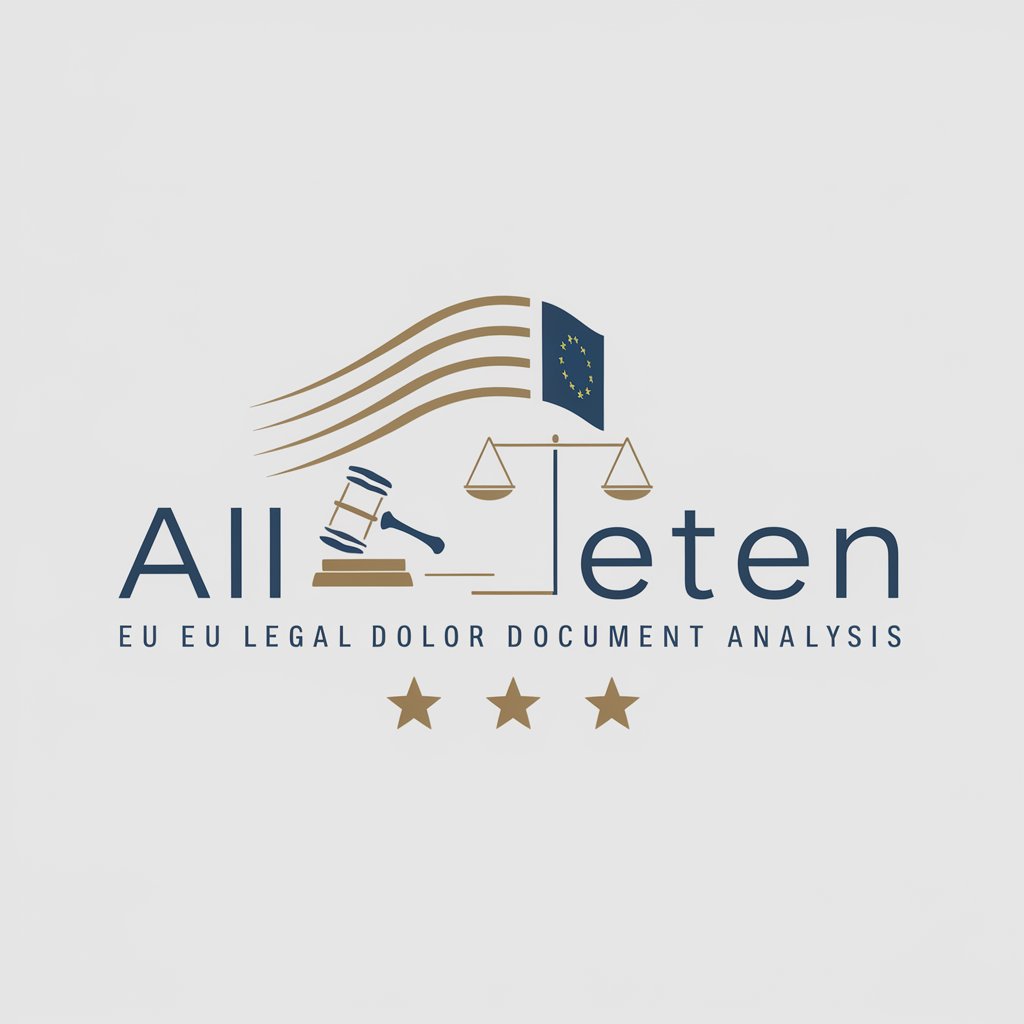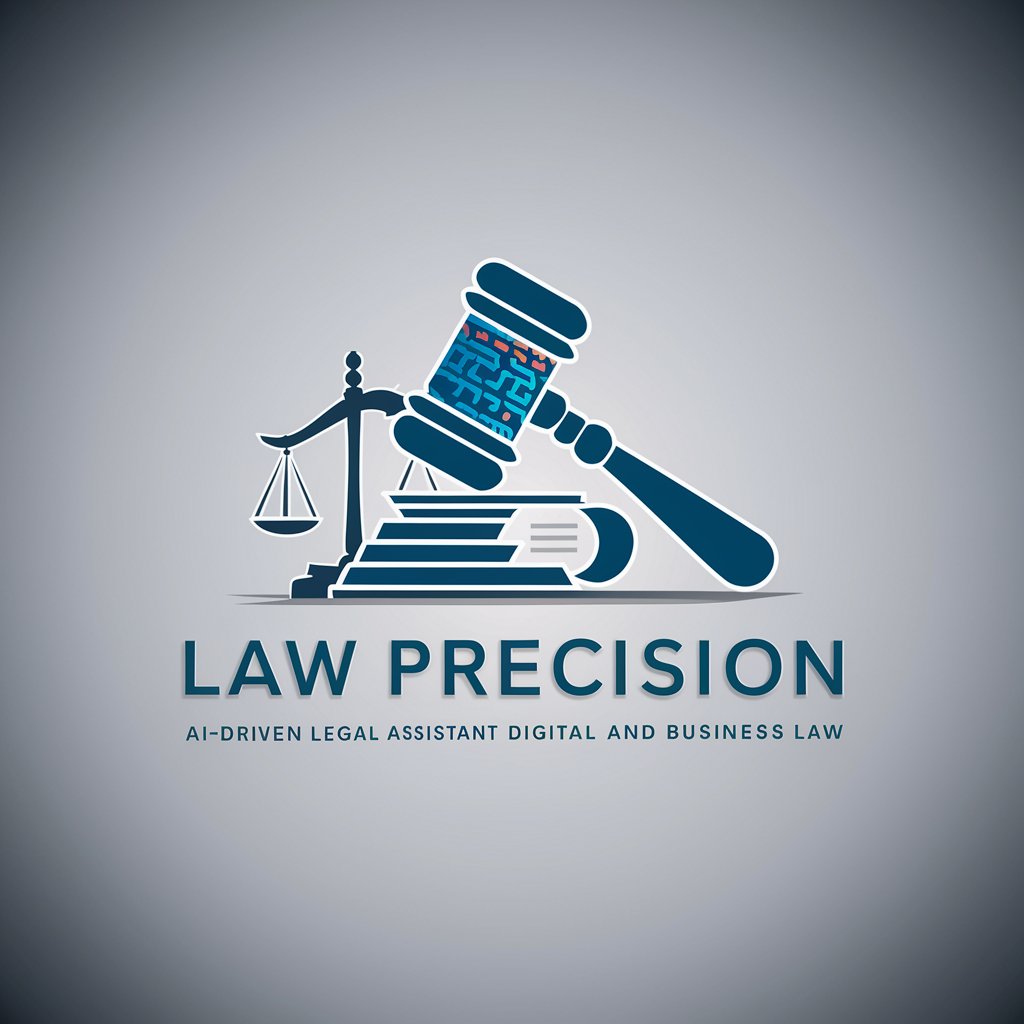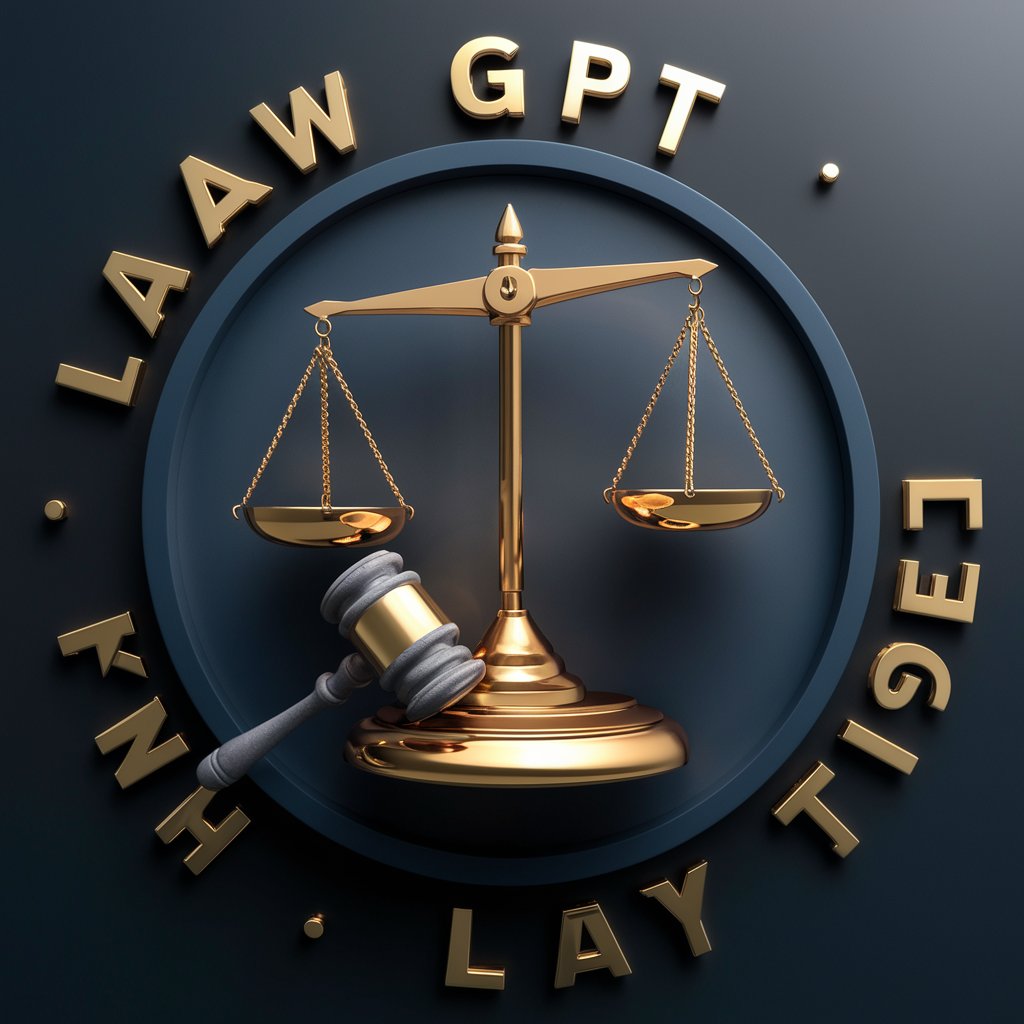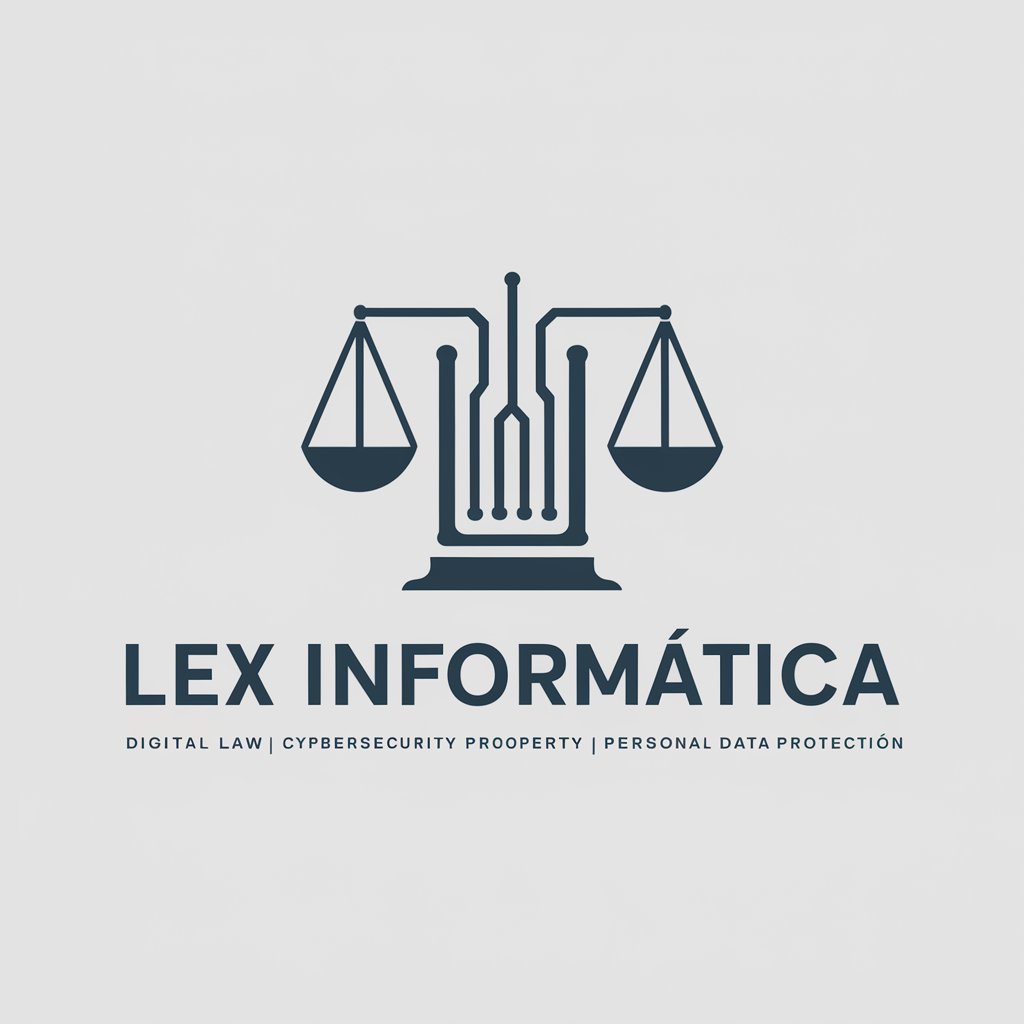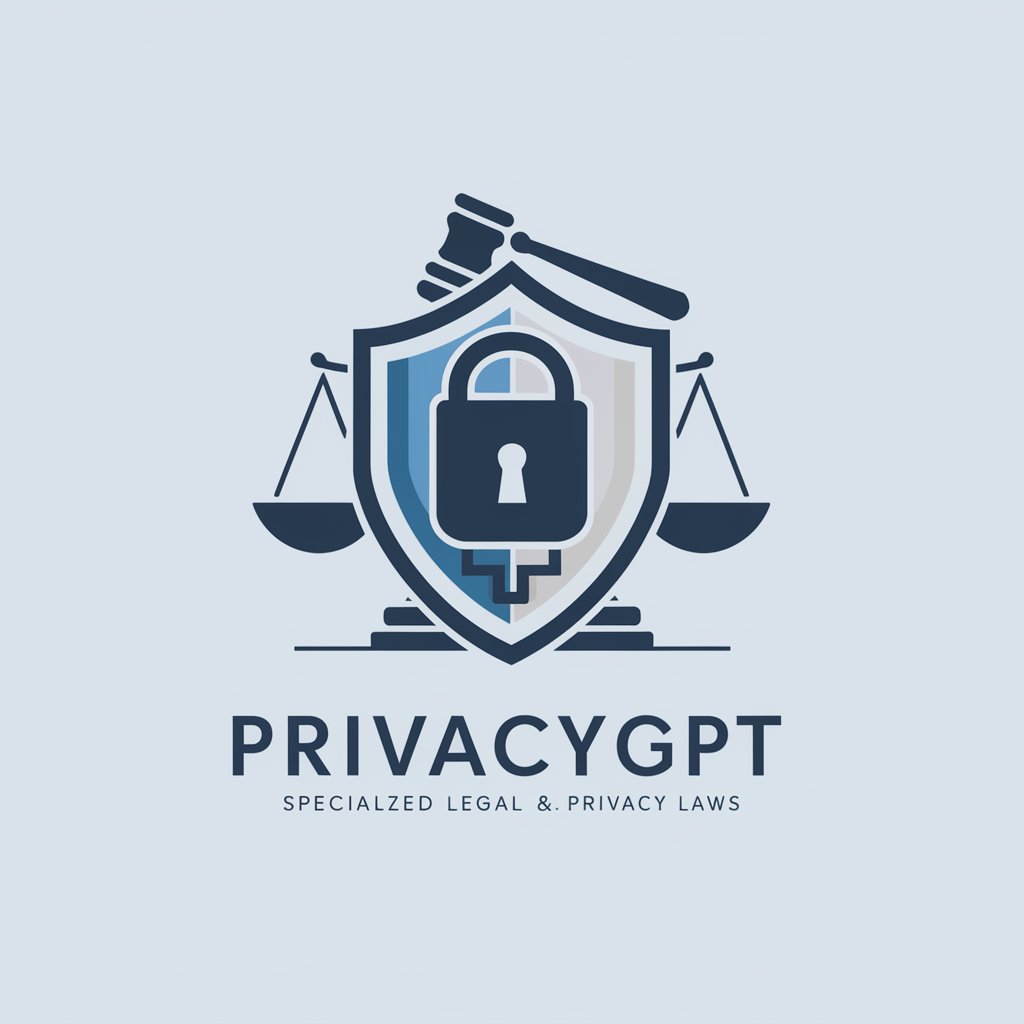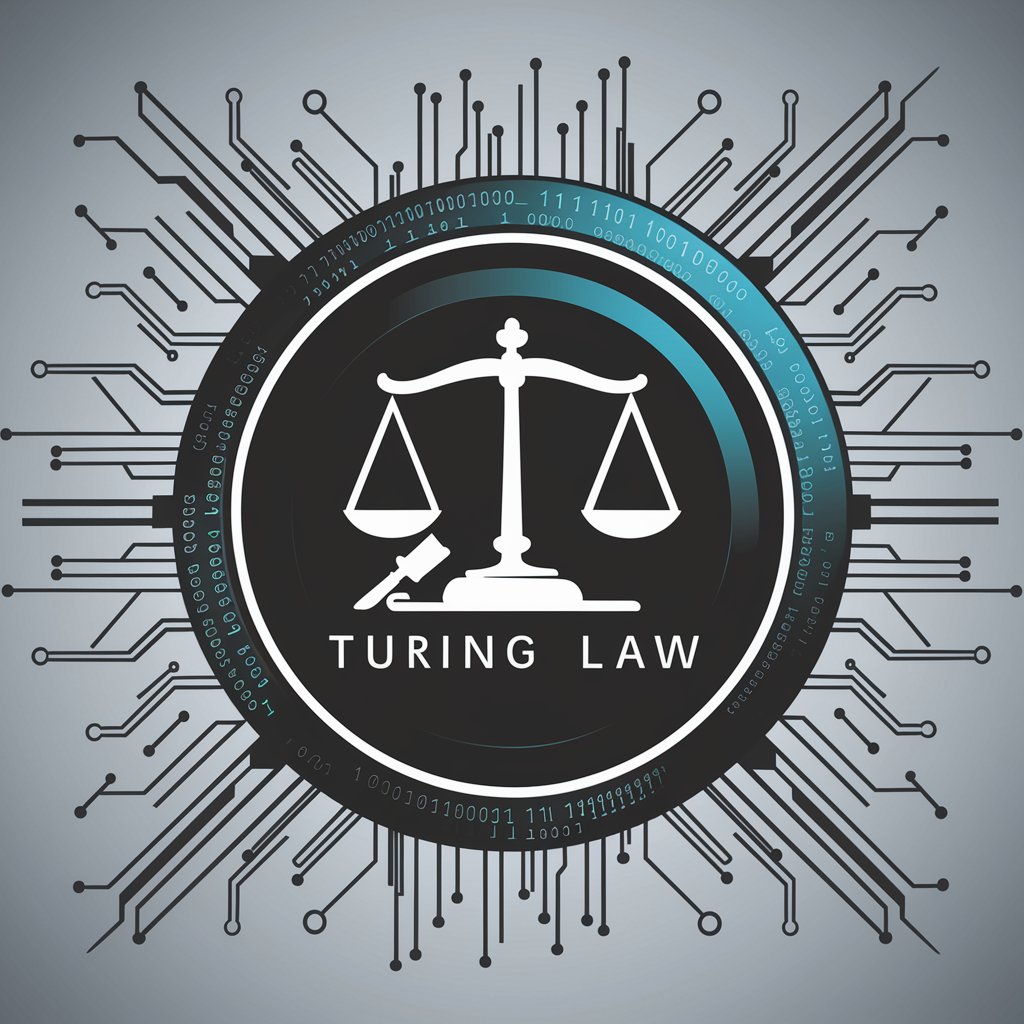
General Theory of Information Society Law - Insightful Legal Analysis

Welcome to the General Theory of Information Society Law!
AI-powered Legal Insight at Your Fingertips
Systematics of General Theory of Information Society Law
What is virtual legal reality?
Principles of law in the Information society
How law acts in the virtual legal reality?
Get Embed Code
General Theory of Information Society Law: Overview
The General Theory of Information Society Law is a specialized framework designed to address the complex legal challenges and opportunities presented by the digital age, particularly in how law interacts with information technology, cybersecurity, data privacy, and digital rights. Its purpose is to provide a comprehensive legal analysis, drawing insights from specific foundational documents that include detailed discussions on the legal system's adaptation to information society's needs. Through examples such as the regulation of digital transactions, the enforcement of data protection laws, and the interpretation of intellectual property rights in the digital environment, this framework illustrates the dynamic interplay between law and technology, aiming to foster a more informed and effective legal practice within the information society. Powered by ChatGPT-4o。

Core Functions of General Theory of Information Society Law
Legal Analysis and Interpretation
Example
Interpreting data protection laws within the context of emerging technologies like AI and IoT.
Scenario
A law firm utilizes the framework to navigate GDPR compliance for a client's new AI-driven customer data analysis tool, ensuring the tool meets strict data privacy standards.
Policy Development and Advisory
Example
Guiding the creation of policies for the ethical use of big data.
Scenario
A governmental advisory body references the framework to draft guidelines that balance innovation in big data analytics with privacy rights and ethical considerations.
Educational Resource
Example
Serving as a foundational teaching resource in law schools for courses on information technology law.
Scenario
An academic institution incorporates the framework into its curriculum to provide law students with a comprehensive understanding of legal principles in the context of digital technology.
Target User Groups for General Theory of Information Society Law
Legal Professionals
Lawyers, judges, and legal scholars specializing in technology law who require deep insights into how information society impacts legal systems, for better case analysis, litigation, and legal scholarship.
Policy Makers and Governmental Bodies
Officials and advisors involved in drafting, evaluating, and implementing policies and regulations that govern the digital domain, seeking comprehensive legal perspectives to inform decision-making.
Academic Researchers and Educators
Scholars and educators who focus on the intersection of law and technology, using the framework as a research foundation or educational tool to explore and teach the complexities of information society law.
Technology Companies
Corporate legal departments and compliance officers in tech companies who navigate the regulatory landscape of digital business, requiring insights into legal implications for innovation and operations.

Guidelines for Using General Theory of Information Society Law
1
Start by visiting yeschat.ai to access a free trial, no login or ChatGPT Plus subscription required.
2
Identify your legal inquiry or the aspect of information society law you need clarity on. This could range from digital rights, copyright issues, to data protection.
3
Utilize specific questions or keywords related to your inquiry when interacting with the tool. This ensures more accurate and tailored responses.
4
Review the provided answers and utilize the cited sources for a deeper understanding. The tool references specific legal documents and articles for authenticity.
5
Apply the insights gained to your situation, whether it's for academic research, legal analysis, or policy development. The tool is designed to support a broad range of applications.
Try other advanced and practical GPTs
Cheap Gas Finder
Find cheap gas with AI precision.

Gas Intellect Pro
Optimizing Gas Operations with AI

Government Spending
Deciphering Fiscal Policies with AI

Government Watchdog
Empowering informed civic dialogue with AI

Game Assets Designer
Crafting Your Game's Universe with AI

deep neural therapist
Empowering Minds with AI Therapy

AGI - Artificial General Ingeligencion
Unleashing Creativity, One Glitch at a Time

Academic and Legal Assistant
Empowering research with AI-driven insights.

HIVE - Get the help of 5 virtual experts
Harness AI-powered expertise, collaboratively.

China
Explore China's Legacy with AI

Channel Strategy Manager
Empower Your Marketing with AI-driven Strategy

Dental Care
Empowering Your Smile with AI

General Theory of Information Society Law Q&A
What is the General Theory of Information Society Law?
It's an AI-powered tool designed to provide detailed insights and analysis on various aspects of information society law, leveraging specific legal documents and academic articles.
How can I use this tool for academic research?
You can input specific legal queries or topics related to your research area. The tool provides detailed answers with citations from relevant legal texts and scholarly articles.
Can this tool help with understanding copyright laws in digital media?
Absolutely, it specializes in the intersection of law and technology, offering deep dives into copyright laws, digital rights, and more, all within the context of the information society.
Is there a way to get more detailed analysis on data protection regulations?
Yes, by providing specific questions or contexts, you can receive comprehensive analyses of data protection regulations, including GDPR, with references to legal documents and academic perspectives.
What makes this tool different from other legal research tools?
Its AI-driven approach uniquely combines legal expertise with technology, offering insights not just based on static databases but also incorporating the latest developments and scholarly articles.
